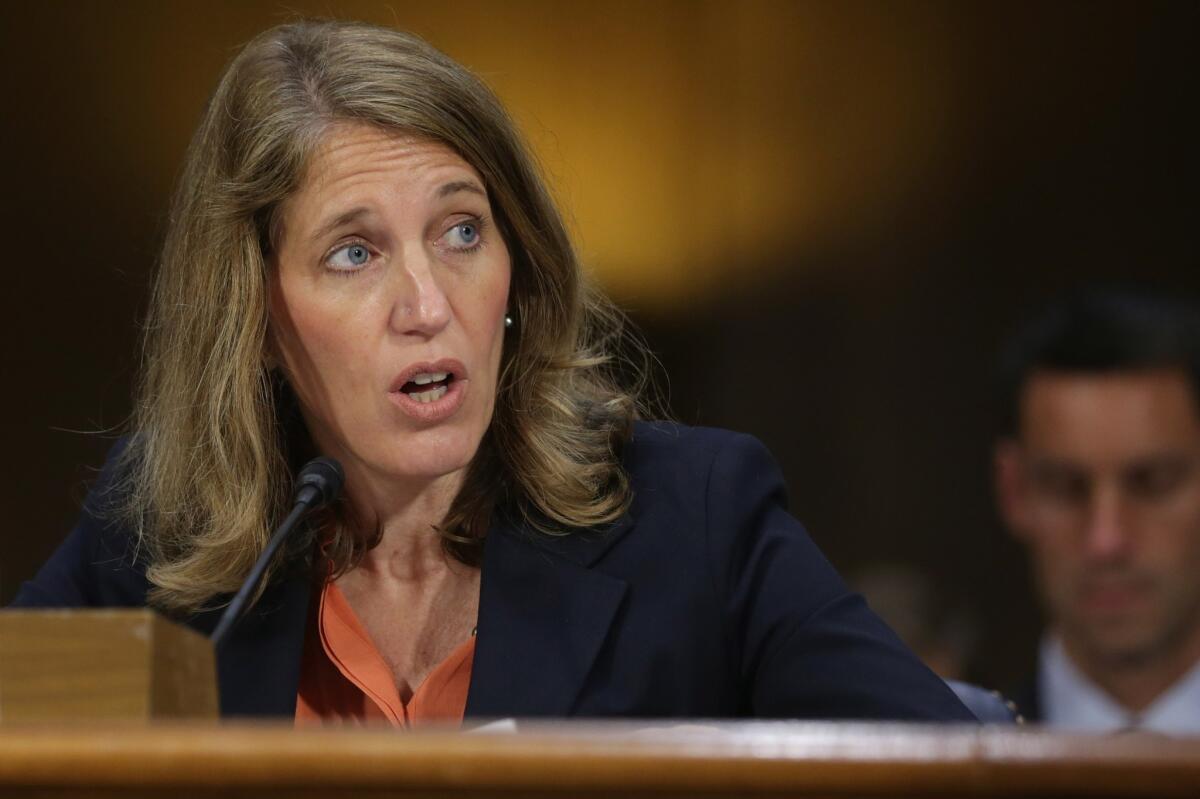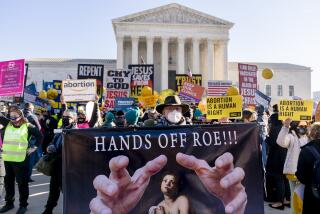Just who would be ‘freed’ if the Obamacare subsidies are thrown out?

The most cynical claim made by the promoters of the Halbig lawsuit over Affordable Care Act subsidies is that they’re standing up for “freedom.”
As the Cato Institute’s Michael Cannon, Halbig’s promoter-in-chief, put it back in July, the Halbig ruling would “free” 8.3 million Americans from the individual health insurance mandate and 57 million employees from the employer mandate.
As Nicholas Bagley of the University of Michigan observes, this is true only under a very bizarre definition of “freedom” — one that might as well be copyrighted by the Cato Institute, in fact. Bagley takes a look at exactly who would be “freed” if the Halbig ruling is upheld by the Supreme Court. He finds that it’s people who might not really appreciate this brand of freedom, which entails health insurance being priced hopelessly out of their reach.
First, some background. The Halbig ruling, handed down in July by a three-judge panel of the D.C. Circuit Court of Appeals, invalidated premium and cost subsidies for buyers of health insurance in 36 states that relied on the federal healthcare.gov exchange to offer health plans to their residents, rather than setting up their own exchanges.
The decision, based on a very narrow reading of a single line in the Affordable Care Act, has been widely derided by legal experts, who note that since it makes the entire act almost unworkable, the principles of statutory interpretation make it an improper finding. That view was endorsed by the federal 4th Circuit Court of Appeals in Virginia the very same day as the D.C. judges ruled. Halbig is being appealed to the full D.C. Court of Appeals and the 4th circuit ruling to the Supreme Court, so the issue is up in the air.
As we’ve written before, Halbig is a blow for freedom only if you assume that having health insurance is a burden. That notion lies at the heart of the D.C. circuit ruling by Judge Thomas Griffith. It’s also the core of the Supreme Court appeal, which argues that by making health insurance “affordable,” the subsidies mean that poor individuals in the 36 federal-exchange states are “no longer free to forgo coverage.”
Bagley points out that the error here is the assumption that individuals “free” of the subsidies would also be “free” of the law’s individual mandates, which require them to buy health insurance unless it would cost more than 8% of the income.
Many, if not most affected people in the 36 states, he says, would still be required to buy insurance. It just would no longer be affordable.
The average cost of a bronze plan, the cheapest under the ACA, is $3,468 per year, Bagley notes. That breaches the 8% ceiling only for families making less than $43,350 per year, which is about 180% of the poverty line for a family of four.
“So in most states, for families making between about two and four times the poverty line, a victory in Halbig wouldn’t eliminate the mandate,” Bagley writes. “It would just wipe out tax credits and effectively increase the price of insurance. That’s not exactly a blow for liberty.”
As for those newly “freed” from the mandate in those states — those for whom insurance would be priced over the 8% limit — what does “freedom” mean? Without the subsidy, the bronze plan is out of reach for a family with annual income of $35,000. The subsidy, however, would cut the annual cost of that plan from $3,468 to about $760. Suddenly, you’re able to cover your entire family.
Bagley’s conclusion: For many poor families, “freedom” means obtaining affordable coverage, mandated or not. It’s the freedom of not being bankrupted by a car accident or a cancer diagnosis.
“Yes, if the Halbig challengers prevail, millions of people would be exempt from the mandate penalty. But that just means they’d be free to decline coverage that, without tax credits, they can’t afford anyhow. What kind of freedom is that?”
Keep up to date with The Economy Hub by following @hiltzikm.







